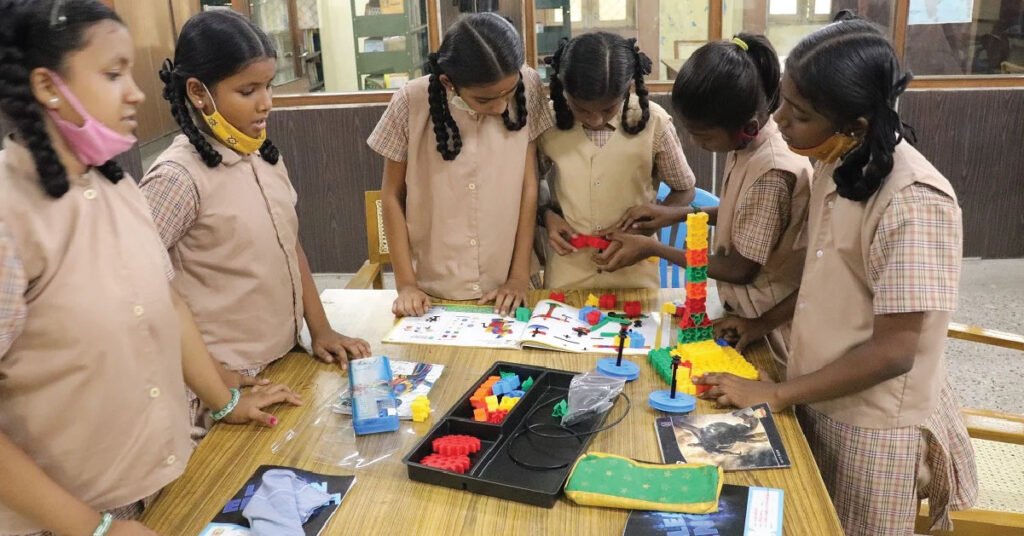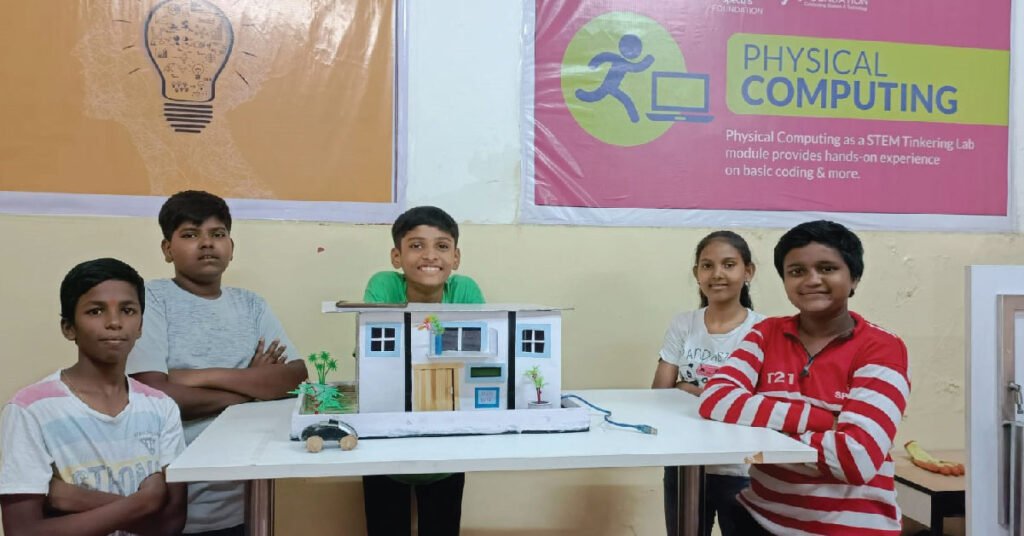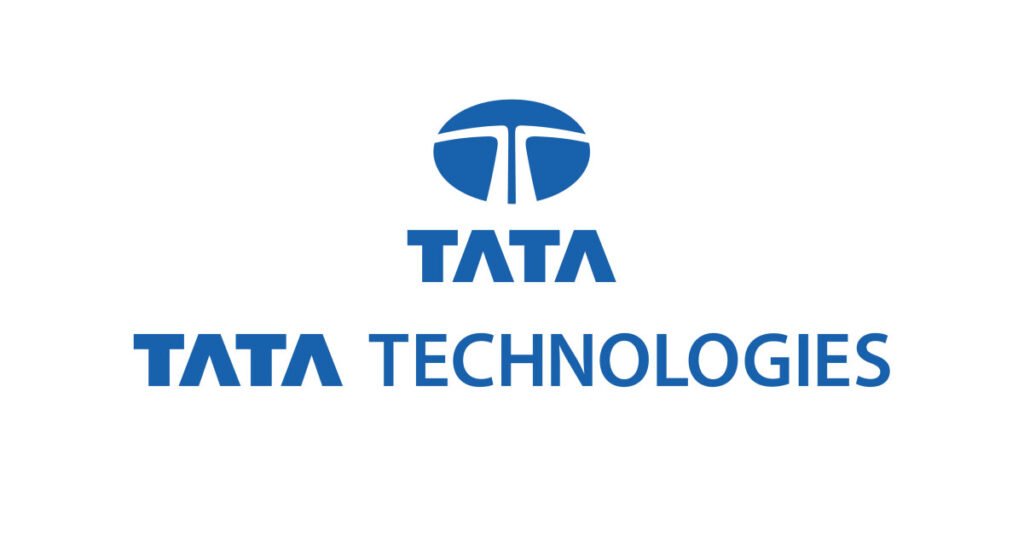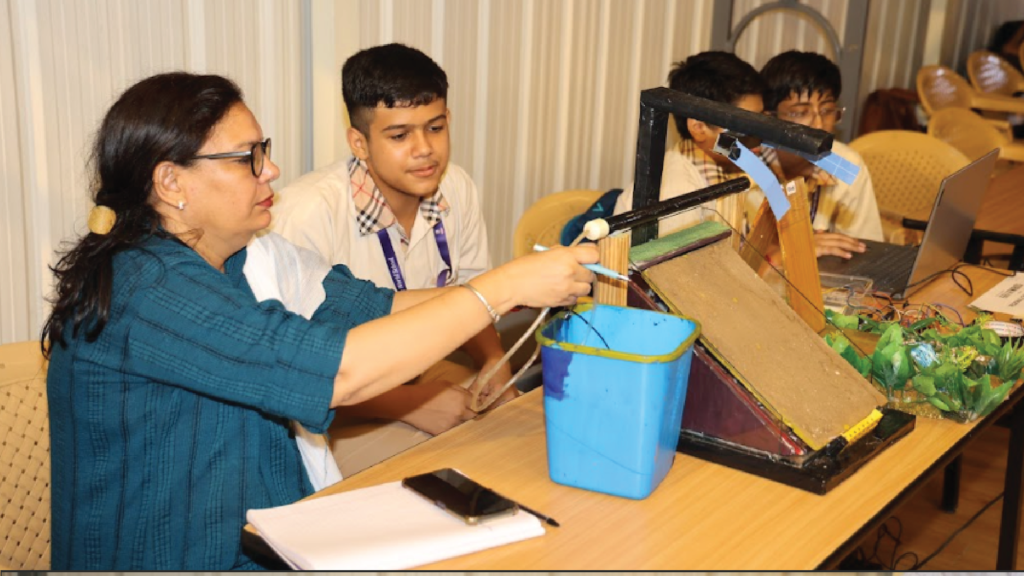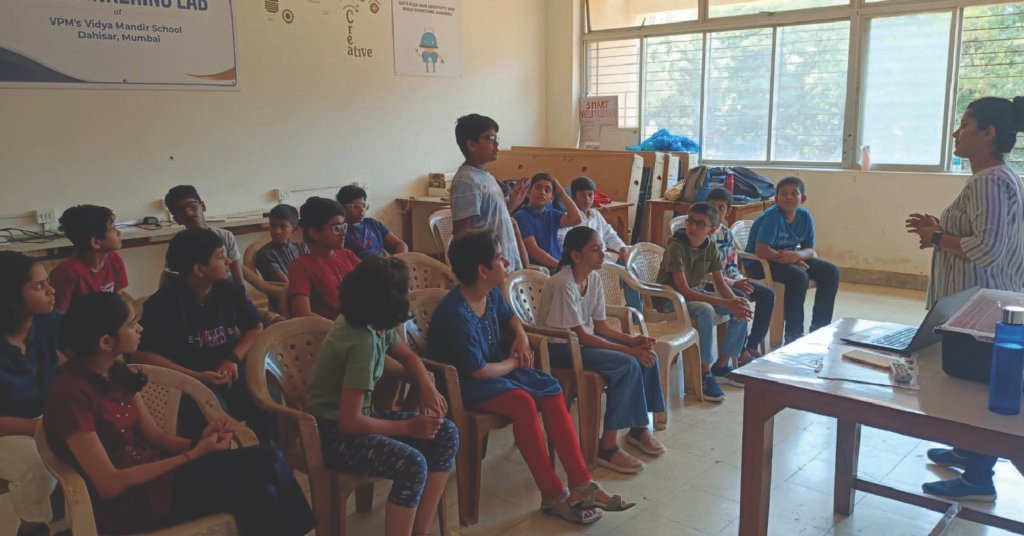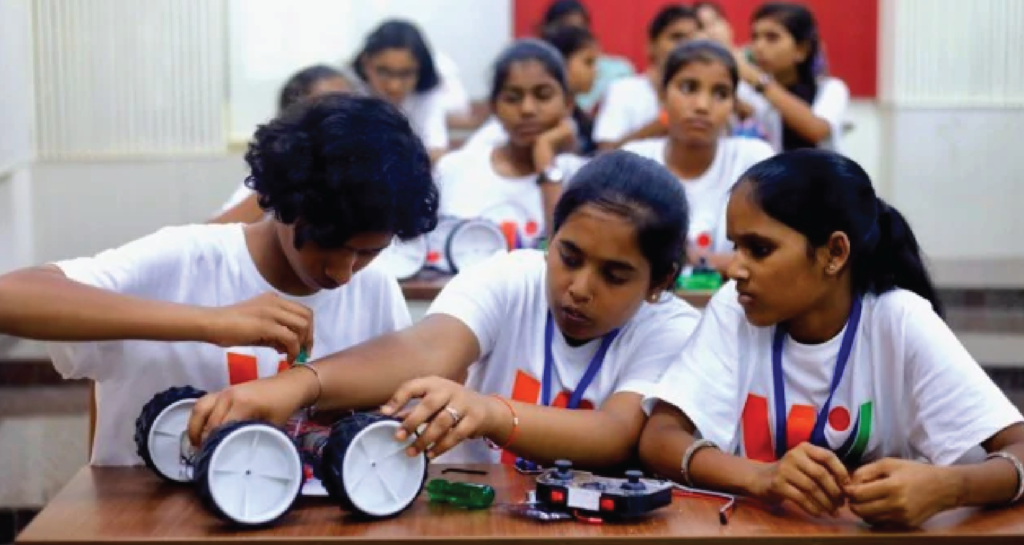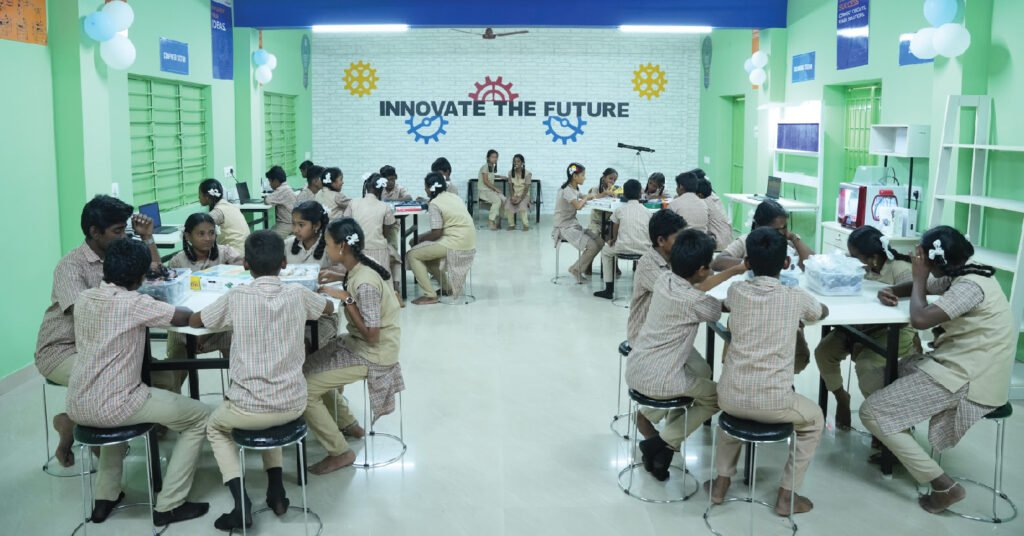STEM fields—Science, Technology, Engineering, and Mathematics—traditionally place a strong emphasis on technical proficiency, problem-solving abilities, and analytical capabilities. It places more value on technical expertise and rigorous, data-driven methods than on creativity and the arts, which are essential for innovative and comprehensive problem-solving. The combination of STEM (science, technology, engineering, and mathematics) with the arts[…]
STEM education, encompassing science, technology, engineering, and mathematics, is critical for fostering innovation and driving national progress. By equipping students with skills in critical thinking, problem-solving, and creativity, STEM prepares future leaders to address complex challenges, from climate change to technological advancements. A nation with a strong foundation in STEM education is better positioned to[…]
On the 5th of September 2024, Tata Technologies demonstrated its commitment to fostering a brighter future for India’s youth through its impactful Volunteer Engagement Program at New English High School in Hinjewadi, Pune. The event was an inspiring example of how corporate social responsibility (CSR) initiatives, coupled with hands-on volunteer efforts, can make a meaningful[…]
Science, Technology, Engineering, and Mathematics, or STEM education, is essential for educating pupils for the challenges of the contemporary world. It encourages students to investigate difficult ideas and apply theoretical knowledge in real-world contexts, which develops their critical thinking, problem-solving, and creative abilities. STEM education fosters creativity and flexibility in addition to providing pupils with[…]
STEM education offers a holistic approach to learning that equips students for the problems of the modern world by integrating Science, Technology, Engineering, and Mathematics. One of the main areas of STEM, robotics, provides practical experience in problem-solving, engineering, and programming. This combination encourages critical thinking, sparks creativity, and improves students’ comprehension of difficult subjects[…]
In the face of growing environmental concerns, STEM education appears as a ray of hope, providing creative answers for environmental sustainability. The combination of science, technology, engineering, and mathematics becomes increasingly important as environmental challenges grow more pressing in order to directly address these difficulties and promote a healthy coexistence of humans and the natural[…]
STEM fields—science, technology, engineering, and mathematics—are becoming more and more important in today’s world. They tackle the pressing shortage of competent workers in sectors essential to technological innovation. Pupils who receive a STEM education are more capable of managing challenging circumstances, keeping up with technological advancements, and making valuable contributions to society. STEM education is[…]
In a world that is changing quickly, the gender gap in STEM (science, technology, engineering, and mathematics) disciplines continues to be a serious problem that impedes advancement. Even while the value of diversity and inclusion is becoming more widely acknowledged, obstacles still prevent women and members of underrepresented groups from participating fully in these vital[…]
The importance of Science, Technology, Engineering, and Mathematics (STEM) education cannot be overstated. The technological advancements and innovations of the 21st century are largely driven by STEM fields, making it essential for the future workforce to be well-versed in these disciplines. As the demand for STEM skills continues to rise, corporates have a unique opportunity[…]
In the modern world, STEM fields—science, technology, engineering, and mathematics—have grown in importance. It responds to the urgent need for highly skilled labour in industries vital to innovation, development, and technological advancement. Pupils with a STEM education are more capable of managing difficult circumstances, staying current with technology, and advancing society. Today, with technology advancing[…]

